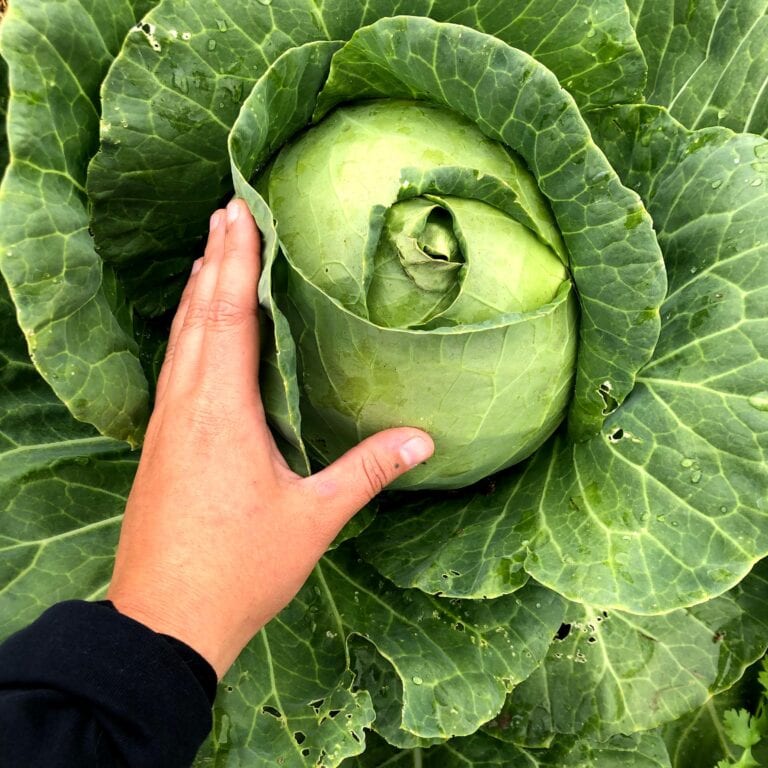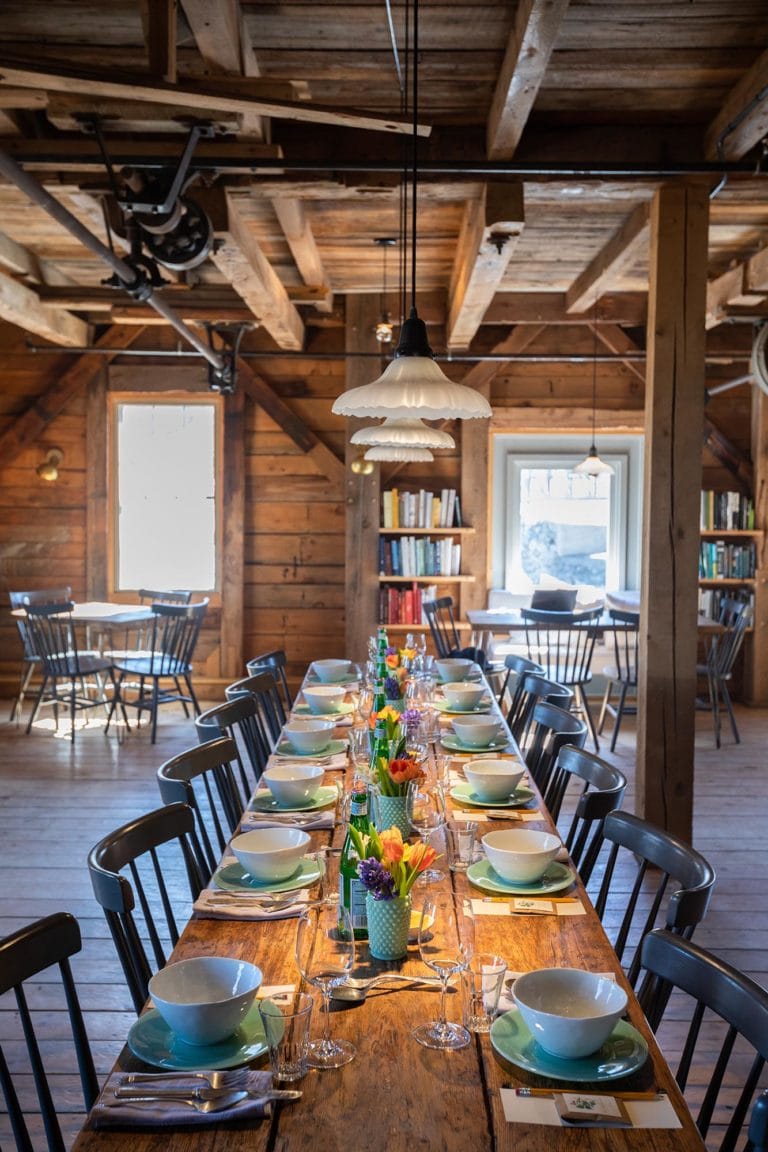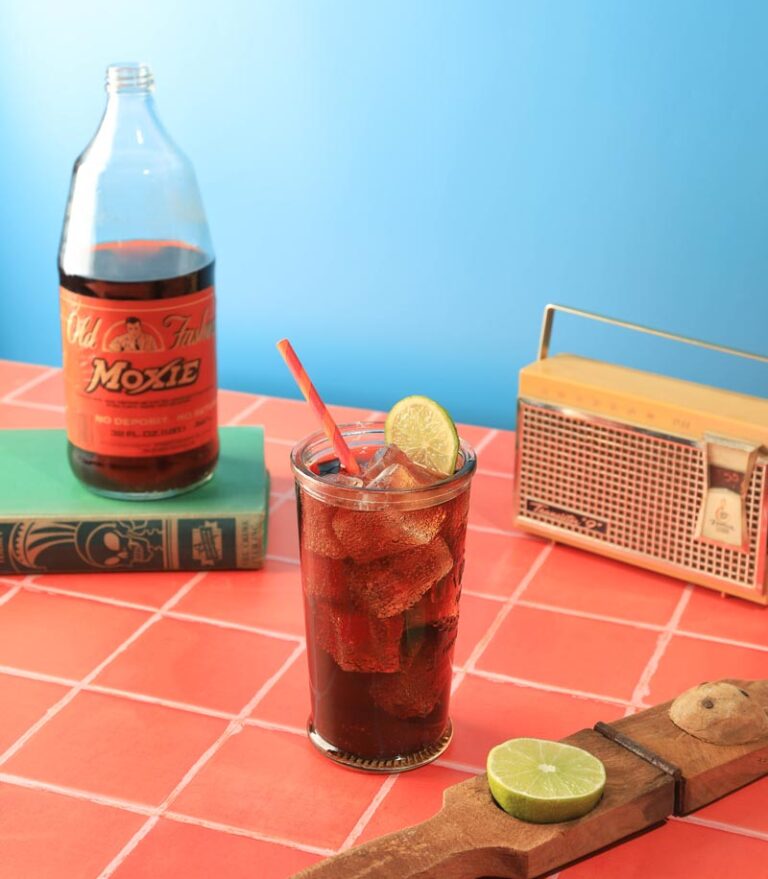If you’re reading because you’d hoped for tips on bong use, I apologize for the bait and switch. Maybe reach out to Siri or Alexa?
I’m here to tell you about how some cannabis making its way into Maine edibles is grown hydroponically. Stick with me—it’s not as dull as it sounds. After all, this story centers on a handsome lumberjack.
Steve Rusnack started growing cannabis in his basement in Aroostook County circa 2011. As a medical marijuana patient, he grew weed for personal use to manage chronic pain. But as a full-time logger working in the North Maine woods, his normal working day lasted 14 hours, which posed a problem for tending his plants.
“There are cycles in a cannabis plant’s life, if it’s growing in soil, when you have to water it multiple times a day. There was no way I could do that then,” explains Rusnack. So, he bought $100 worth of gear off the internet and set to assembling his first hydroponic system.
Hydroponic systems were first used to help scientists study the mechanisms of plant nutrition. By suspending plants’ roots in water containing a dissolved mix of nutrients, they could quickly isolate how individual nutrients affected plant growth. Before pot production was legal anywhere, hydroponic systems were popular with folks illicitly cultivating the stuff in out-of-sight places, like basements.
Rusnack’s hydroponic operation, called Full Bloom Cannabis, has always been a legal one. When the operation outgrew its basement quarters, he upgraded to the backyard. He got a caregivers license—one of the first 200 in the state—and began taking on clients. He’s since quit logging hours in the woods, scaled his system to grow upwards of 50 pounds monthly, opened stores in Fort Kent (medical), Grand Isle (recreational), and Presque Isle (also recreational), built a lab to extract cannabinoids from flowers and test potency levels, and launched a commercial kitchen to make edibles including brownies, chocolates, and caramels. Full Bloom products are sold in over 20 medical and recreational cannabis stores as far south as Berwick.
The principal advantage to hydroponics, says Rusnack, is reduced labor since feeding and watering the plants is mechanized. He says hydroponics also allows some varieties of plants to be more densely cultivated, while allowing other varieties to grow faster. He’s only identified strains that benefit in these ways by trial and error as the national seed banks don’t yet track strains that grow better in water versus soil. Hydroponic growers tend to deal with fewer pests and diseases than soil growers, but Rusnack does admit that bacteria or other microorganisms, if accidentally introduced, could spread quickly to all plants in a hydroponic system.
Rusnack makes no claims about all hydroponically grown cannabis being superior to dirt-grown cannabis. He simply promises to produce the highest-quality cannabis products he can in his own operation.














